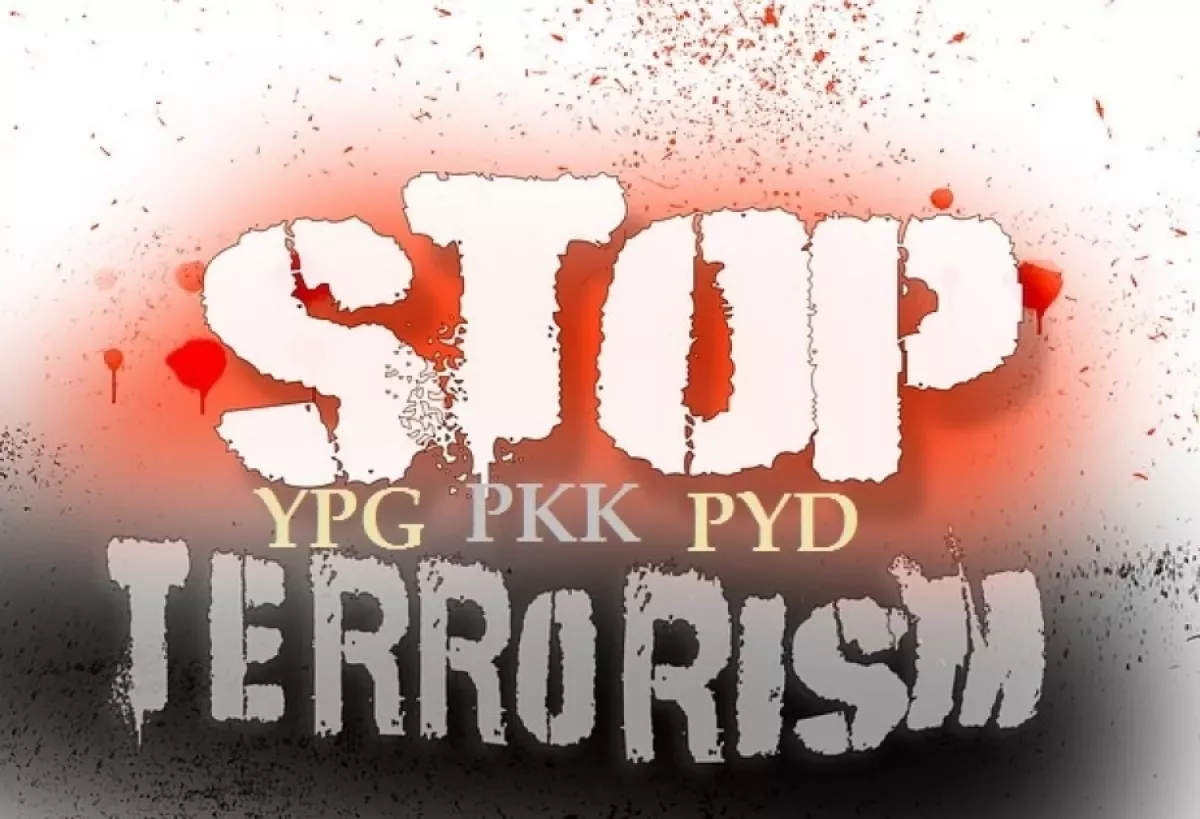Türkiye’s triumph over terrorism PKK withdraws forces
The Middle East is likely on the verge of a new phase of tectonic changes in the fight against international terrorism. Recently, the terrorist organisation Kurdistan Workers’ Party (PKK) announced the complete withdrawal of its forces from Turkish territory in line with decisions made at its 12th congress, where the organisation also declared its self-dissolution at the call of its leader, Abdullah Öcalan. According to the Turkish publication Hürriyet, the PKK stated that it is taking a “new step” in the process of renouncing armed struggle. In its statement, the organisation confirmed that it has fully withdrawn its forces from Türkiye.
Brief overview: The PKK was founded in the 1970s by Abdullah Öcalan and his supporters as a radical movement inspired by Kurdish nationalism and Marxism-Leninism. Becoming the main force in the struggle for the creation of “Kurdistan,” the party began an armed confrontation with the Turkish state in 1984, a conflict that claimed tens of thousands of lives. The organisation carried out armed attacks on Turkish military and civilian targets, including bombings and shootings. In response, Türkiye conducted military operations against Kurdish separatist groups and took measures to restrict their activities. International organisations and governments of many countries condemned the actions of the Kurdish separatists, labelling them acts of terrorism and crimes against humanity. Ultimately, the PKK was recognised as a terrorist organisation not only in Türkiye but also by the United States, the EU, and several other countries.
So, it should be noted that the complete withdrawal of PKK forces was, in principle, expected, as back in late February this year, Abdullah Öcalan, serving a life sentence on Imrali Island, called on his supporters to end armed struggle against the Turkish state and lay down their weapons. PKK representatives heeded this call and declared a ceasefire, and at the party’s 12th congress held from May 5–7 this year, the self-dissolution of the organisation was announced.
Turkish authorities, in turn, described all of this as a “historic step” towards achieving the goal of a “Türkiye without terrorism.” “We are taking firm steps towards our goal – a Türkiye without terrorism. Today we have crossed yet another critical threshold. We consider the decision [by the PKK] important for the security of our country. Our intelligence and other units will monitor the further process [of PKK disarmament] with particular diligence,” President Erdoğan stated in May of this year.
What should be noted in this regard is that the resolute message from the head of the Turkish state did not go unnoticed by the PKK. In July, the organisation demonstratively destroyed part of its weapons.
Speaking about the significance of the party’s cessation of activities on Turkish territory, several key points should be highlighted.

First, it is no secret that the presence of a terrorist organisation on Turkish soil for decades posed a range of internal threats—both social and military-political. Moreover, the protracted conflict caused economic costs, inflicting significant damage on the Turkish state budget. For example, Türkiye’s counterterrorism operation in Iraq, Pençe-Kilit (“Claw-Lock”), was, according to military experts, one of the major expenditures of the country’s defence sector. Therefore, it can be confidently stated that the cessation of PKK activities presents Türkiye with an opportunity to reduce the burden on its budget substantially.
Second, the withdrawal of PKK forces from Türkiye will strengthen the country’s stability.
Third, it can be confidently stated that the Turkish state has achieved a military-diplomatic victory over Kurdish terrorism, and this is undoubtedly the merit of President Recep Tayyip Erdoğan—a result of his pragmatic and carefully calibrated policy, based on peace rather than the principles of war.
Fourth, the cessation of the terrorist organisation’s activities will reduce the risk of terrorist attacks, sabotage, and armed clashes, which will have a positive impact on the security of the population in the country’s southeastern regions.
In this context, Türkiye will further strengthen its position in the region and demonstrate to the world that it is not fighting against the Kurdish people, but is striving to eradicate separatism and terrorism on its territory. In our view, all these positive factors will allow the Republic of Türkiye to consolidate its statehood further and actively advance its national interests on the international stage.
With its extensive experience in combating the ideology of violence, Türkiye will closely monitor the further actions of Kurdish armed groups in neighbouring Syria.








